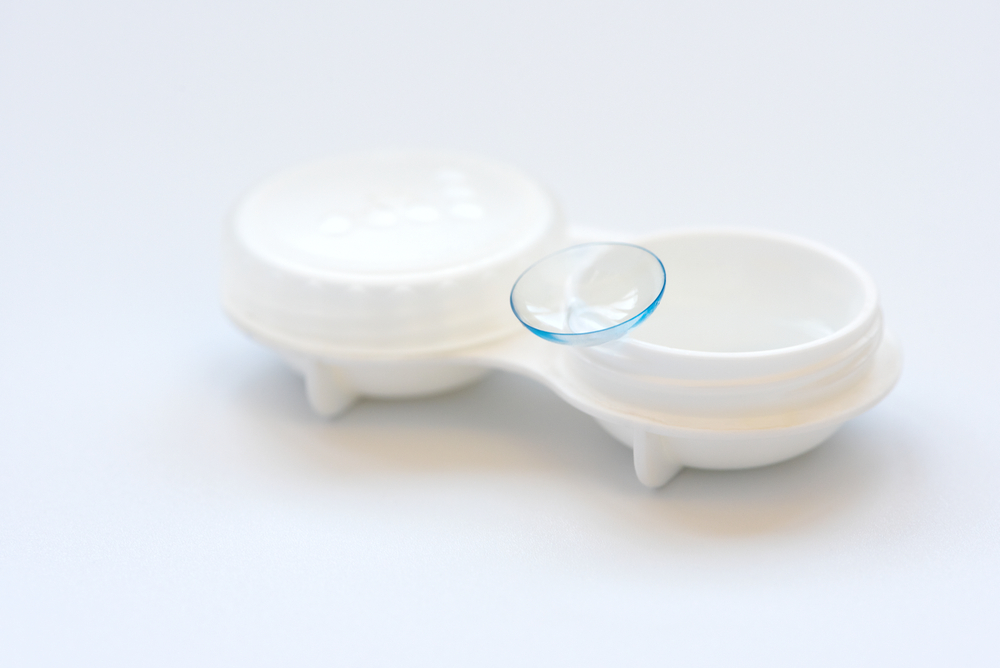
Contact lenses are a popular and convenient solution for vision correction. They offer the freedom to enjoy clear sight without glasses, but improper use or care can lead to serious eye health problems. Understanding the risks of contact lens use and how to protect your eyes can help you maintain optimal vision while enjoying the benefits of contacts.
The Risks of Contact Lens Use
While contact lenses are generally safe, they come with certain risks if not handled or used correctly. The most common concerns include:
1. Eye Infections:
• Bacterial Infections: These can result from improper hygiene or exposure to contaminated water sources, such as tap water or swimming pools.
• Fungal Infections: Rare but potentially severe, fungal infections can occur with extended wear or poor cleaning practices.
• Acanthamoeba Keratitis: This rare infection is caused by a microscopic organism often found in water and soil, leading to severe eye pain and vision loss if untreated.
2. Corneal Ulcers: Small breaks in the cornea caused by bacteria or fungi can lead to painful sores that may require medical intervention.
3. Dry Eye Syndrome: Contact lenses can reduce the amount of oxygen reaching your eyes, potentially exacerbating dry eye symptoms and discomfort.
4. Allergic Reactions: Protein deposits on lenses or reactions to contact lens solutions can irritate the eyes, leading to redness, itching, or swelling.
5. Reduced Oxygen Supply: Prolonged wear of contact lenses, particularly sleeping in them, can deprive your cornea of oxygen, increasing the risk of infections and other complications.
Recognizing Signs and Symptoms of Problems
It’s essential to pay attention to your eyes and contact lens comfort. Watch for the following signs of potential issues:
• Redness or swelling
• Persistent eye pain or discomfort
• Blurred or cloudy vision
• Unusual discharge
• Light sensitivity
If you experience any of these symptoms, remove your lenses immediately and consult your eye care professional.
5 Ways to Protect Your Eyes
By following these simple yet crucial steps, you can significantly reduce the risks associated with contact lens use:
1. Practice Proper Hygiene
Always wash your hands with soap and water before handling your lenses. Dry your hands with a lint-free towel to avoid transferring debris to your lenses.
2. Clean and Disinfect Lenses Correctly
Use a cleaning solution recommended by your eye doctor to disinfect your lenses. Consider a hydrogen peroxide-based solution for overnight cleaning, which effectively kills bacteria and removes protein deposits. Never use tap water to rinse lenses.
3. Never Sleep in Contacts
Overnight wear significantly increases the risk of eye infections due to reduced oxygen supply to the cornea.
4. Replace Lenses as Directed
Follow your eye doctor’s recommendations for replacing contact lenses, whether they are daily, bi-weekly, or monthly disposables. Wearing lenses beyond their intended use can lead to a buildup of bacteria and deposits.
5. Schedule Regular Eye Exams
Routine eye exams ensure your lenses fit correctly and help detect potential issues early. Your eye doctor can also provide personalized advice on lens care and hygiene.
Protecting Your Vision Starts with Awareness
Contact lenses can improve your quality of life, but they require diligent care to keep your eyes healthy. By understanding the risks and adopting proper hygiene and care practices, you can minimize potential problems and enjoy the benefits of clear, comfortable vision.
If you have questions about your contact lenses or experience concerning symptoms, schedule a consultation with North Texas Ophthalmology Associates for expert care and guidance. Visit us at www.ntoaeye.com or call us at (940) 240-8400 to book an appointment today.








